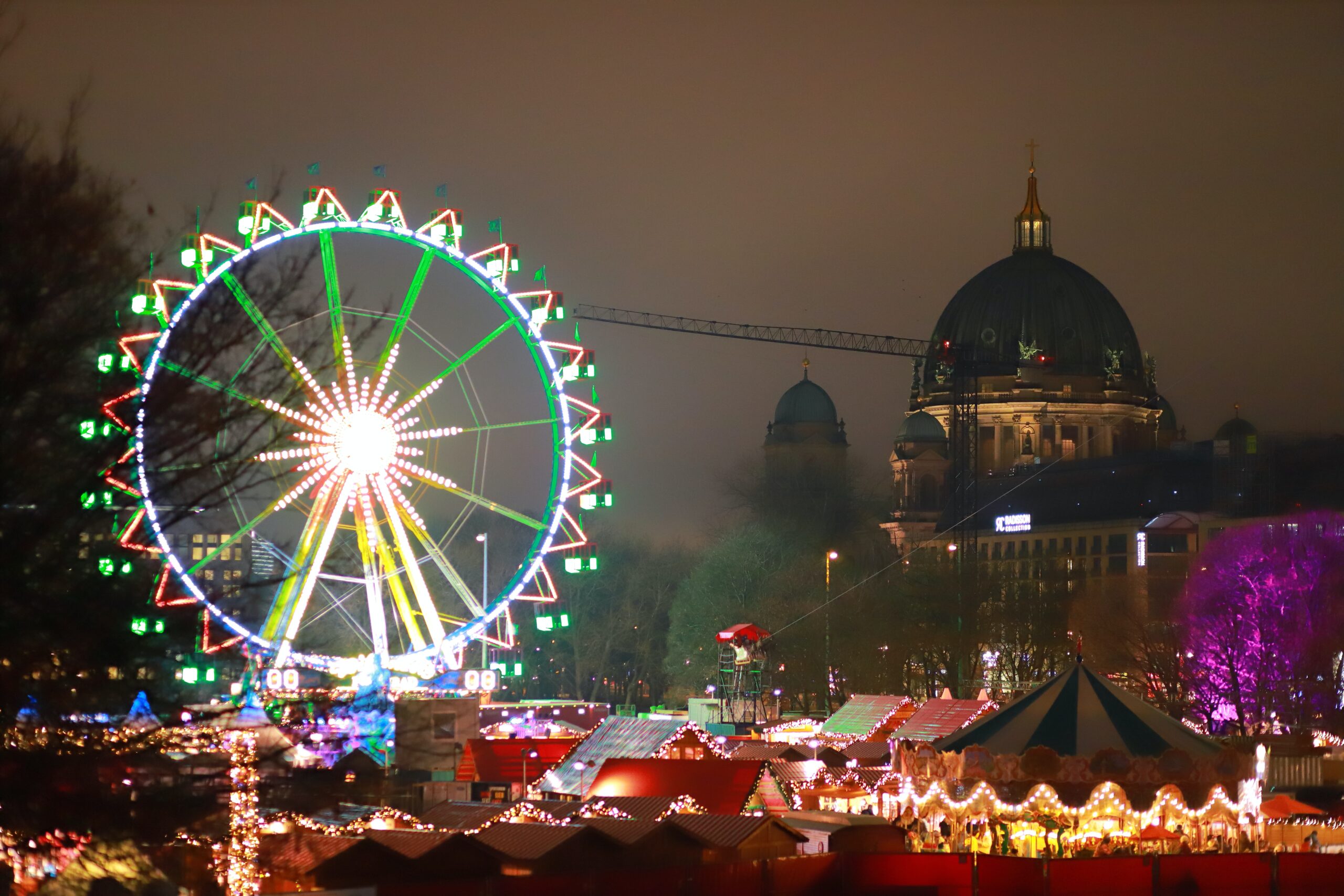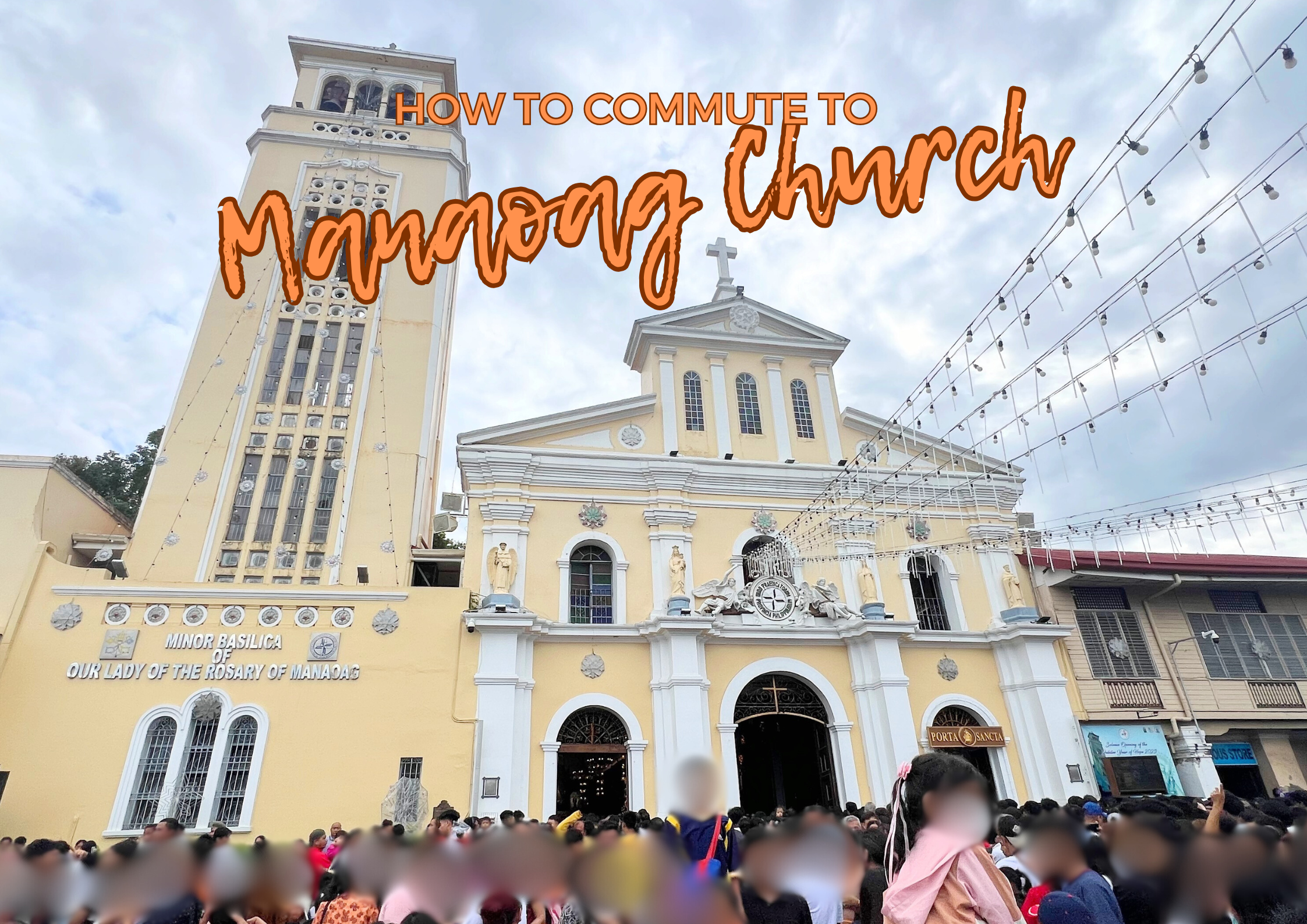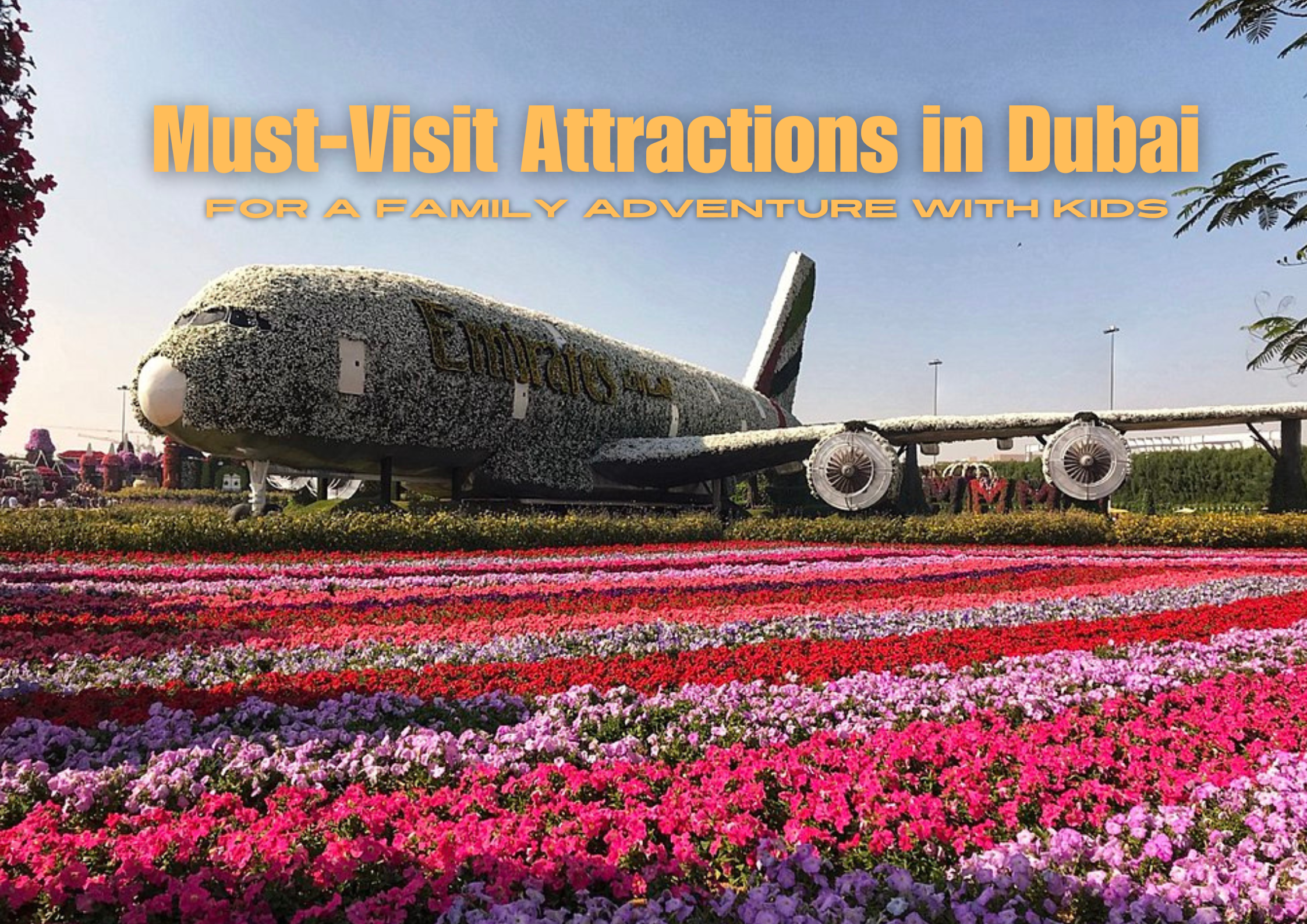When most people think of Germany’s cultural traditions and events, Oktoberfest often comes to mind. While this famous beer festival is undoubtedly a significant part of Germany’s cultural identity, this vibrant country has much more to offer beyond the beer tents and lederhosen. In this blog, we’ll delve into the rich tapestry of German culture, exploring various traditions and events that showcase the country’s diversity and heritage. But first, if you’re planning a visit to Oktoberfest, check out these fun activities at Oktoberfest that go beyond just raising a glass.
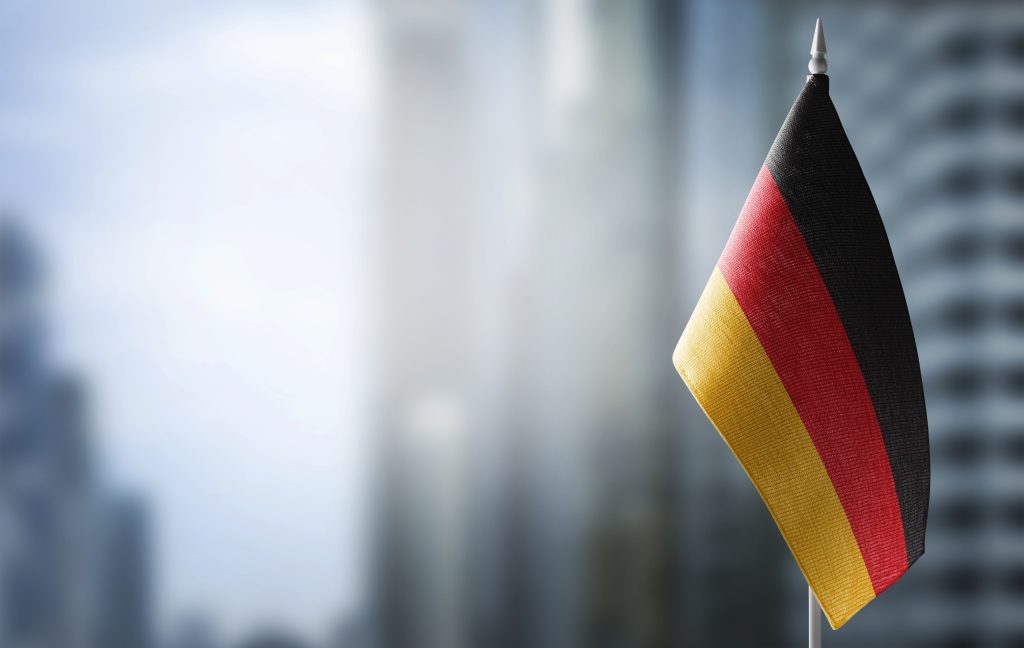
Carnival Season: Karneval
Germany’s Karneval, often referred to as Fasching or Fastnacht depending on the region, is a lively and colorful celebration that takes place in the weeks leading up to Lent. While Karneval festivities can be found throughout Germany, Cologne, Düsseldorf, and Mainz are known for hosting some of the most exuberant and extravagant celebrations. During Karneval, you’ll witness elaborate parades, masked balls, and vibrant street parties where locals and tourists alike don costumes and join in the merriment.
Christmas Markets: Weihnachtsmärkte
Germany’s Christmas markets, or Weihnachtsmärkte, are a cherished tradition that transforms cities and towns into enchanting winter wonderlands during the holiday season. Stroll through the festively decorated stalls, savoring the scents of mulled wine, roasted chestnuts, and gingerbread. Each market has its own unique character, but they all share the same warm and inviting atmosphere. Don’t forget to pick up some handcrafted ornaments and gifts while enjoying the festive ambiance.
Easter Egg Trees: Osterbaum
Easter in Germany is celebrated with a delightful and colorful tradition known as the Osterbaum, or Easter egg tree. Trees, often branches from birch or cherry trees, are adorned with beautifully decorated Easter eggs. This tradition is not only a visual treat but also a symbol of new life and rebirth, making it a meaningful part of German Easter celebrations. Some towns even host Easter egg tree festivals where locals showcase their creativity by decorating these whimsical trees.
Wine Festivals: Weinfeste
While Germany is renowned for its beer, it’s also a wine lover’s paradise. The country’s wine regions, such as the Mosel, Rheingau, and Pfalz, host numerous wine festivals throughout the year. These Weinfeste are the perfect opportunity to sample exquisite German wines, enjoy regional cuisine, and immerse yourself in the convivial atmosphere. The grape harvest festivals in the fall are particularly popular, offering a chance to taste the year’s newly produced wines.
St. Nicholas Day: Nikolaustag
On the eve of December 6th, children across Germany eagerly place their shoes outside their doors, hoping that St. Nicholas (Sankt Nikolaus) will fill them with sweets and small gifts. This beloved tradition, known as Nikolaustag, honors the kindly bishop who inspired the modern-day Santa Claus. St. Nicholas is often accompanied by his mischievous companion, Knecht Ruprecht or Krampus, who is said to punish naughty children. Nikolaustag is a heartwarming celebration that captures the spirit of generosity and goodwill.
Faslam: Northern German Carnival
In the northern regions of Germany, particularly in Lower Saxony and Schleswig-Holstein, a unique pre-Lenten carnival known as Faslam takes place. Faslam is characterized by colorful parades, traditional costumes, and jovial celebrations. One of the most distinctive features of Faslam is the “Lütte Faslam,” a children’s procession where young participants collect sweets and small gifts from spectators. It’s a time when communities come together to chase away the winter gloom with music, dance, and laughter.
Maypole Dancing: Maibaum
Maypole dancing, or Maibaum, is a delightful tradition that ushers in the spring season in many parts of Germany. On May 1st, communities gather to raise a decorated Maypole adorned with colorful ribbons and symbols representing local crafts and trades. The festivities include lively dances, music, and traditional Bavarian fare. Maibaum celebrations are a wonderful way to experience the country’s rich cultural heritage and the joy of welcoming warmer days.
Sankt Martin’s Day: Martinsfest
Sankt Martin’s Day, or Martinsfest, is a cherished tradition in Germany, especially for children. On the evening of November 11th, children carry lanterns through the streets, reenacting the legend of St. Martin, who shared his warm coat with a beggar. This heartwarming event culminates in a lantern procession, with participants singing traditional songs and enjoying sweets. Martinsgans, a roasted goose, is often served as a special meal to commemorate the occasion.
Corpus Christi: Fronleichnam
Corpus Christi, or Fronleichnam, is a religious holiday celebrated with great fervor in Germany. Processions are held in towns and villages, with elaborately decorated altars set up along the route. Participants, often dressed in traditional attire, follow the Blessed Sacrament through the streets, accompanied by music and church bells. Fronleichnam is a beautiful expression of faith and community spirit.
Carnival of Cultures: Karneval der Kulturen
Berlin’s Karneval der Kulturen, or Carnival of Cultures, is a vibrant and inclusive celebration of diversity. Held annually over the Pentecost weekend, this multicultural festival features a grand parade showcasing the city’s rich tapestry of cultures, music, dance, and cuisine. It’s a lively spectacle that promotes unity and celebrates the contributions of various communities in Berlin.
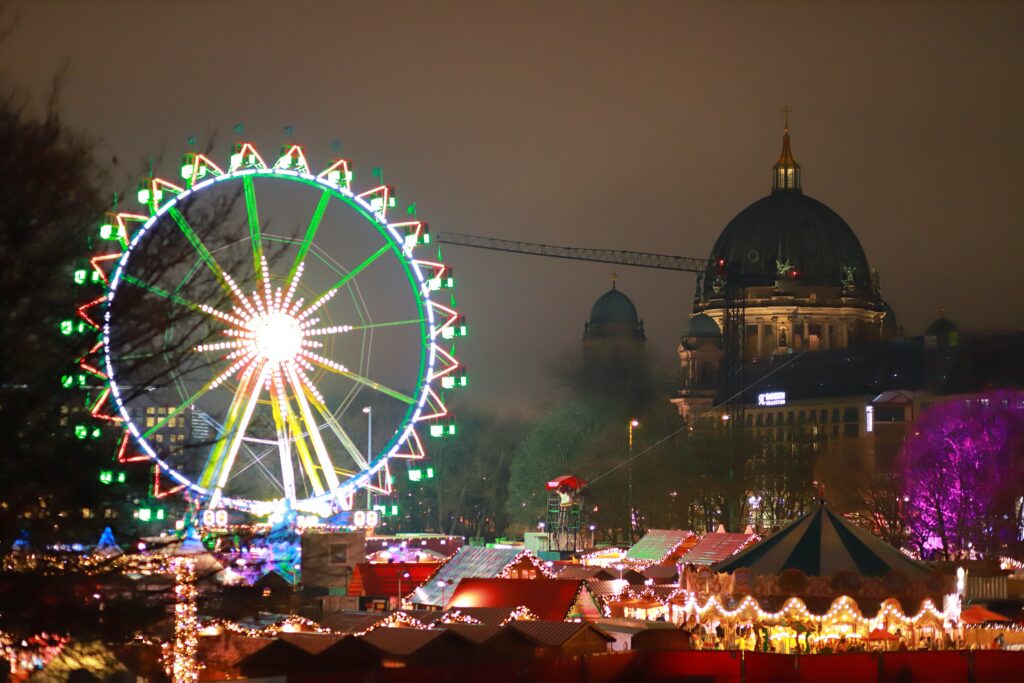
Conclusion
While Oktoberfest remains an iconic and beloved German tradition, exploring the country’s diverse cultural heritage reveals a tapestry of celebrations, festivals, and traditions that capture the essence of Germany. From the lively Karneval to the enchanting Christmas markets, these cultural events offer a deeper understanding of the country’s history, values, and the warmth of its people. So, the next time you plan a trip to Germany, consider timing it with one of these cultural treasures to experience the country beyond Oktoberfest.



